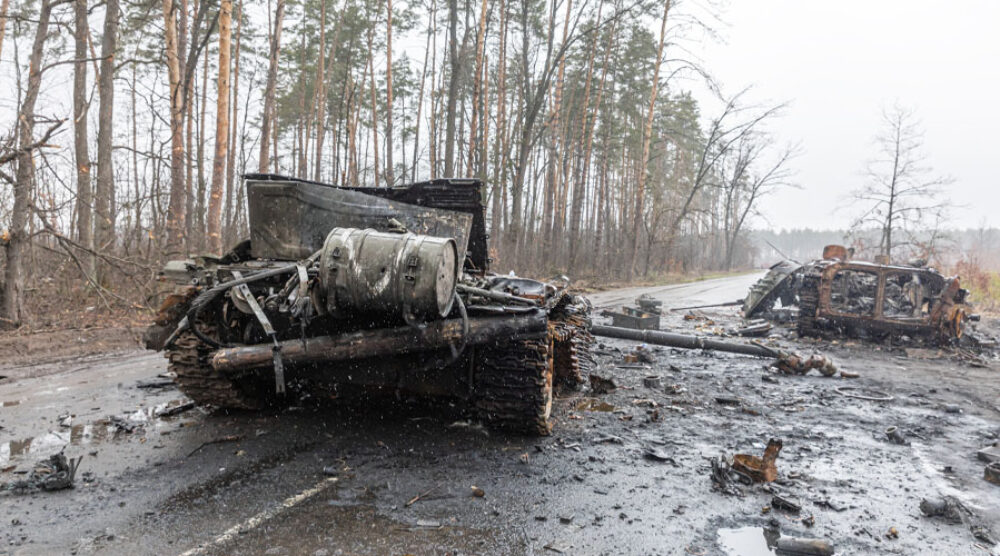The war in Ukraine is entering its ninth week. Looking back, in the first three weeks, Russia tried to quickly impose regime change. This failed, leading to the Russian army adopting a wasteland strategy. This aimed to destroy Ukraine economically, devastate cities and towns, and create large refugee flows. Some 12 million people – about a quarter of Ukraine’s population – are now refugees, internally or externally.
Russia has now begun its expected air and land offensive to gain additional territory in the Donbass region, in particular to capture the remainder of the Luhansk Oblast (province). This offensive will play to Russian strengths in having large numbers of tanks and soldiers, and being connected to a better military supply network than Belarus proved to be. However, Russia will again face troubles with unmotivated and badly trained soldiers, poor logistics, poor battlefield intelligence, and having much older equipment unsuited to modern smart-weapons wars.
The offensive is likely to have mixed success in capturing new territory, but crucially will stop Ukraine retaking the land it has lost and inflict considerable further damage to Ukraine’s armed forces. Putin will be able to claim the gains have been worth the great cost.
Please click here to read the full “In Putin’s war, everybody loses” article published at The Interpreter, written by Griffith Asia Insitute Visiting Fellow, Dr Peter Layton.








